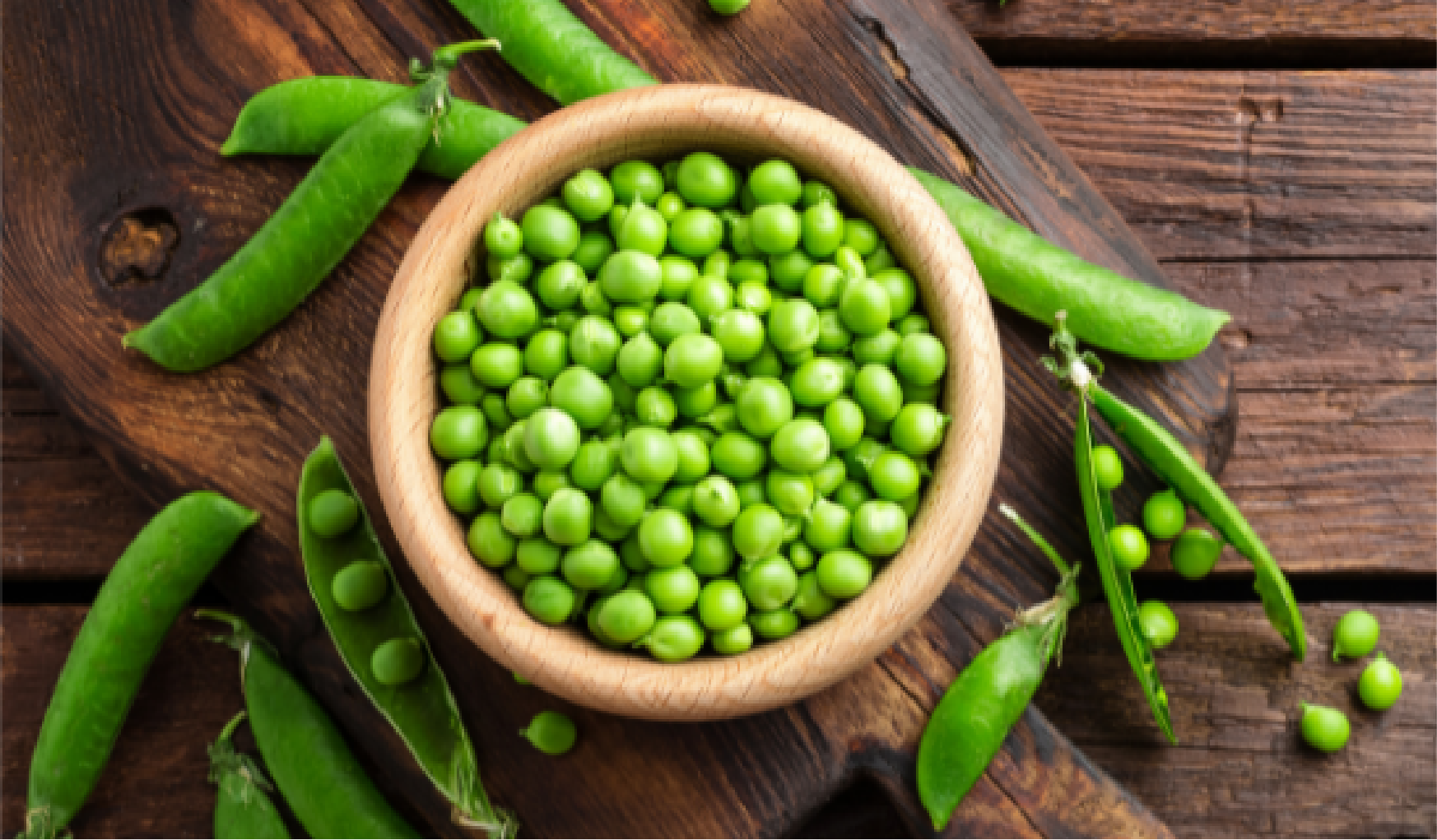Can Dogs Eat Peas?

Not all dogs eat peas, but they are good for them. Most peas are safe to eat for your dog and pack a nutritious punch in addition to a delicious low-calorie treat. For a full meal of peas, we spoke to Dr. Amanda Williams, chief veterinarian, and medical director of the Furry Friends Adoption Clinic at the ranch, to learn more about the types of peas dogs can eat and how much.
Helpful for vision, skin, digestion, immune system, nerves, heart and more. Many dog food brands contain peas as an ingredient and are a great source of fiber. Contains vitamins A, B, C and K, iron, zinc, potassium, magnesium, folic acid, thiamine, and manganese. Low in calories and available all year round. Additional hydration for hot summer days.
If your dog has kidney problems, avoid feeding it peas. Peas contain purine, a chemical compound that produces uric acid. Without a functioning kidney to filter out this acid, your dog may have kidney problems and exorbitant amounts of uric acids can cause kidney stones and other diseases.
Peas are low in calories, which means you don't have to feel guilty if you sprinkle them on your puppies. They also have a sweet taste, so your dog is more likely to devour them. To be sure, feed your dog shells or small round peas that are easy to swallow. Dogs often eat peas, snow peas, whole pods or other pea pods that can pose a choking hazard.
Add fresh, steamed, or thawed frozen peas to your dogs. Most frozen peas do not contain sodium but read the label to be sure. Avoid canned peas that contain preservatives or sodium, or canned peas that contain salt. Boil or puree the peas and occasionally offer a tablespoon or two as a treat or as a supplement to normal food. Feed one-on-one workout treats.














